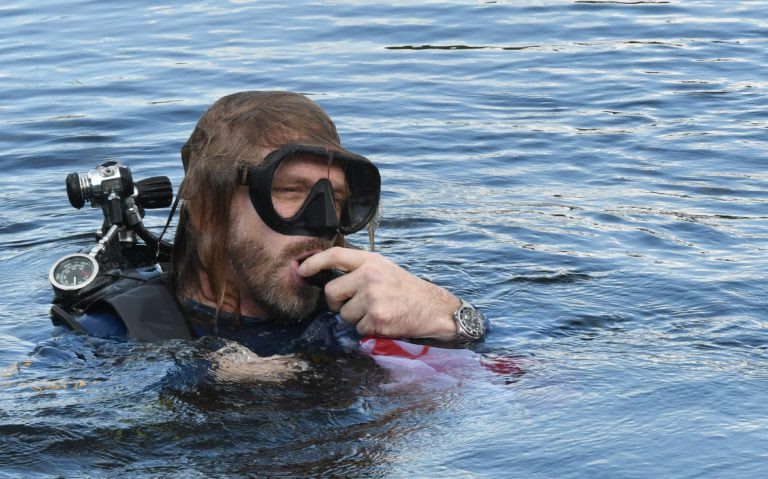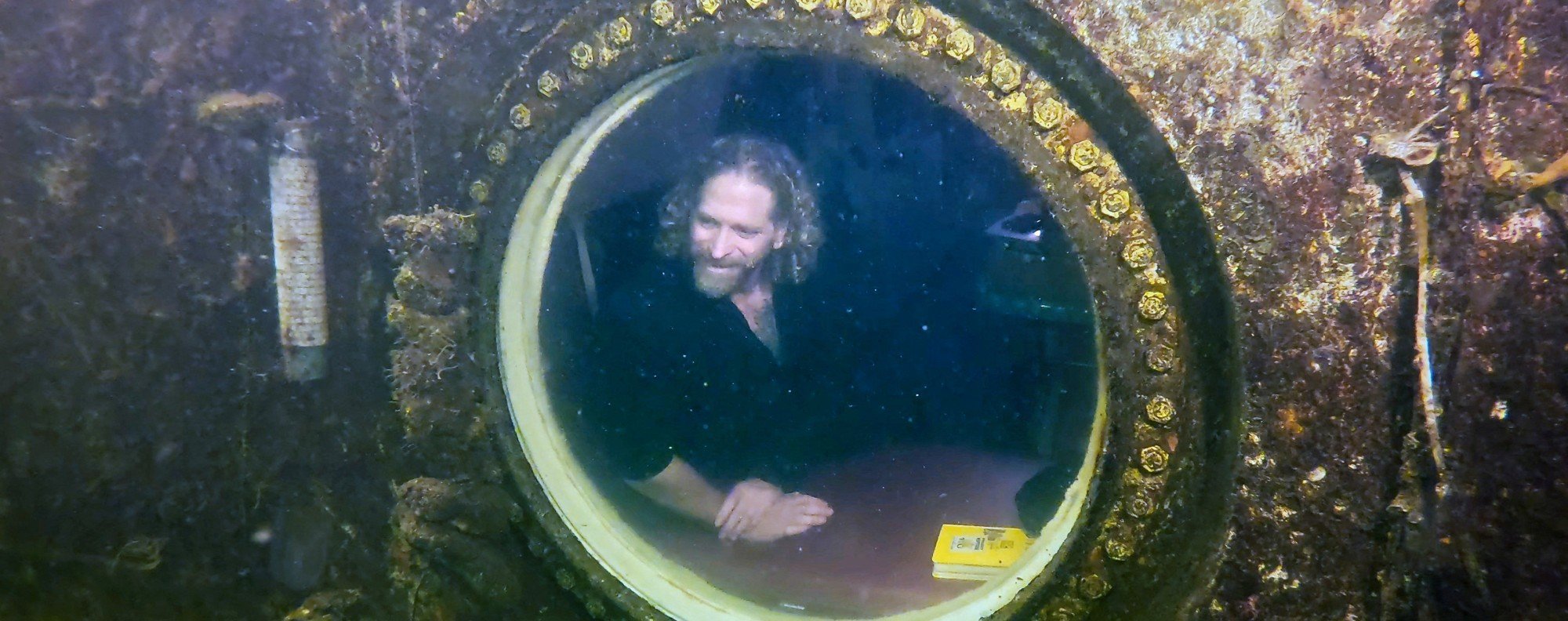Remember the doctor Joseph Dituri, that university professor who spent 100 days living at the bottom of a lagoon, in a submerged bungalow? I told you about it in this article. Since then, the scientist has spent his entire "stay" without ever returning to the surface from March 1st until a few days ago.
When they say "hitting rock bottom"
Dituri's underwater “residence”, Jules' Undersea Lodge, is hidden 7 meters underground in a Florida lagoon. That's where the professor broke the previous record of 73 days set in 2014 at the same facility.
As you know, in any case, the intent of our brave diver was not to break the record, but to explore the limits of human endurance in an extreme and isolated environment, and the effects of underwater pressure on health. Do you want some details?

Underwater experience between science and adventure
Dituri, a doctorate in biomedical engineering and former U.S. Army officer, didn't go on this solitary adventure just for the thrill of exploration. His “life at the bottom” was a scientific experiment of the first order, baptized Project Neptune 100, organized by the Marine Resources Development Foundation.
Unlike a submarine (which maintains internal pressure similar to surface pressure), Dituri's housing environment was calibrated to replicate the higher pressure of the underwater environment. This is to understand how the human body and mind react to prolonged exposure to an isolated environment and extreme pressure. A useful discovery not only for ocean researchers, but also for astronauts planning long-term missions.
Daily work
During his three months and nine days under water, Dituri certainly did not sit idle. He conducted daily experiments, and monitored his body's reaction to the increase in pressure over time.
He also held online classes with students from 12 countries, and even hosted more than 60 visitors in his habitat. For him, the most rewarding part was interacting with nearly 5.000 students, trying to convey to them the importance of preserving, protecting and regenerating the marine environment.
If anyone ever wondered what it would be like to live like a fish (or at least an underwater human) for 100 days, Dr. Dituri will present the results of his “sojourn” at the World Extreme Medicine Conference in Scotland this November.
I'll let you know: I can't wait to discover the outcome of this extraordinary experience, which shows how important it is to push yourself beyond your limits: to the bottom of the sea or to the stars.


